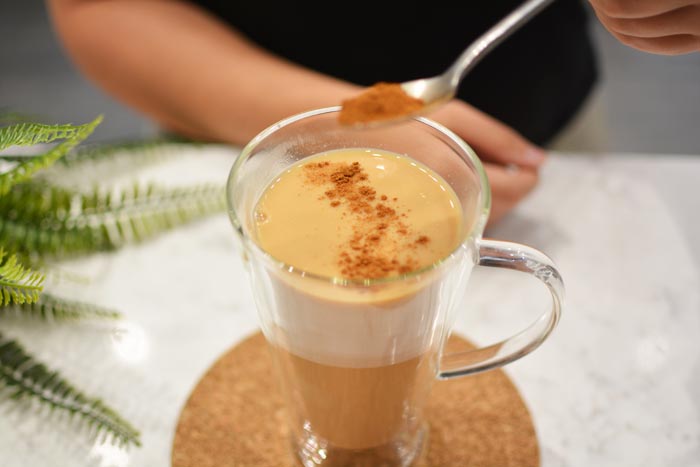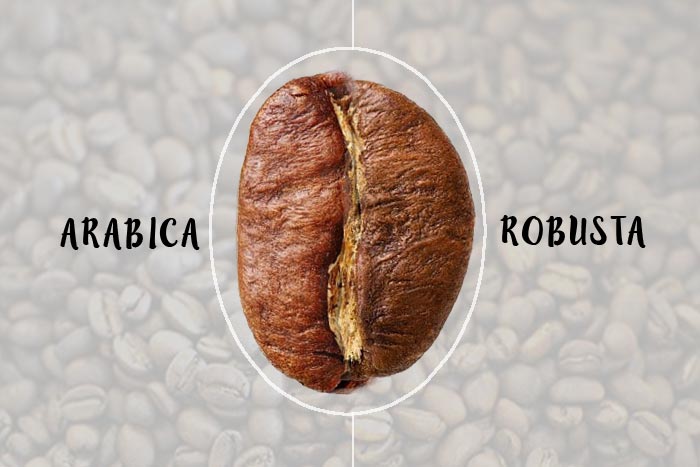A new morning…the rich aroma of something brewing in the kitchen wakes you up again. Are you ready for a big cup of joe? Espresso or expresso, which do you prefer? Coffee is millions of people’s favourite around the world. It is such a wonderful drink that people even start giving nicknames to it. In these post, we are going to show you two fun facts about coffee: Why is coffee called joe | Expresso vs. Espresso.
Why is Coffee Called Joe?
As a coffee lover, you might already be familiar with “java”, a nickname of coffee. What about “a cup of joe”?
The common nickname “cup of joe” first appeared in the 1930s, with the first occurrence in a book in 1936. It turns out to be in the world for a long time, but the origin of it is still mysterious. Here are several theories, that might let you start calling coffee “a cup of joe” from now on.
Average Men’s Drink
The most common theory is relating to an average man.
During the early days, joe refers to an average man. Then, “the average joe” or “cup of joe” simply became a reference to an ordinary person’s drink. Although this might not be the true origin of “cup of joe,” the term “joes” or average guys did exist after the World War II. As diners popped up in the 1940s and 50s, working men might enjoy their “cups of joe” while having breakfast in these restaurants.
“Joe” Daniels Banned Alcohol on Ships
When you hear the term “joe”, the first name comes into your mind might be “Joseph”. Now, say hello to Josephus Daniels, the secretary of the U.S. Navy ships. He is also the person who imposed the ban on alcohol on U.S Navy ships in 1914. Since the time was close to the World War I, many young men would soon be on ships. Due to the ban, the strongest drink they could get was black coffee, a “cup of joe”. People who believe in this theory claim that sailors began to call coffee a “cup of joe” in protest to show their anger.
The theory might not hold because of the twenty-year gap between Josephus’ ban and the rise of “cup of joe” in the 1930s. However, maybe the term was out of favour in the 1920s and reappeared during Prohibition in the 1930s.

Joe’s Coffee in Martinson Coffee
Another popular theory is about Martinson Coffee.
Back in 1898, Joe Martinson founded Martinson Coffee in New York. When local people came for a coffee, they called it “Joe’s coffee” or “a cup of joe”. As the company grew, the term “cup of joe” might expand from a local nickname to a widely used name by the 1930s. Following that, Martinson Coffee has trademarked the term “cup of joe,” suggesting the term comes from the company’s early years.
Java + Mocha
The most straightforward theory is Java + Mocha = Joe. It’s a fun fact that people like to combine two words and create a new one. That’s why some people believe Joe could be a shortened version of Jamoke.
Jamoke was a common nickname for coffee in the 1930s, a combination of mocha and java. Similar to other slang terms, it could have been shortened to “joe”.
Which theory convinces you most? This is probably impossible to prove one of them after all these years. But undoubtedly, it’s people’s love towards coffee gives birth to these interesting nicknames.
Espresso vs. Expresso
When walking into a coffee shop, which one will you choose, espresso or expresso? Hold your thought there and make your choice again after reading this.
What is Espresso?
Despite some beliefs, espresso is a style of brewing coffee and not a type of coffee. To make it, you need a specific machine. An espresso machine pushes water through finely ground coffee beans at a high pressure. These machines commonly have built-in grinders, to achieve a fine powder from your coffee. While some, you will need to fine grind the beans yourself. As a result, brewed espresso has a concentrated flavour that is full and rich. This is something that a lot of coffee drinkers admire.

Which one is correct, Espresso or Expresso?
By the middle of the twentieth century, a café owner named Achille Gaggia patented the first modern espresso machine for commercial use. This is when the term espresso made its way to English. The espresso machine worked so fast that it required less of waiting for customers to get coffee. Thus, because of the similarity of espresso and express, people used expresso to show the efficiency of espresso machines. So…does this mean it’s OK to say “expresso”?
But wait a second. Based on a survey of British citizens in 2014. There were 80% of people having trouble with the word espresso and mispronounce it as expresso. If that 80 % of people are mispronouncing "espresso" as "expresso", shouldn’t that mean “espresso” is the correct one?
To confuse you more, according to Wiktionary, expresso is an alternate spelling of espresso. Does this mean you've been wrong about espresso all the time? Yes or no? Why not have a debate with your friends when you have a cup of joe next time!



Leave a comment
This site is protected by hCaptcha and the hCaptcha Privacy Policy and Terms of Service apply.